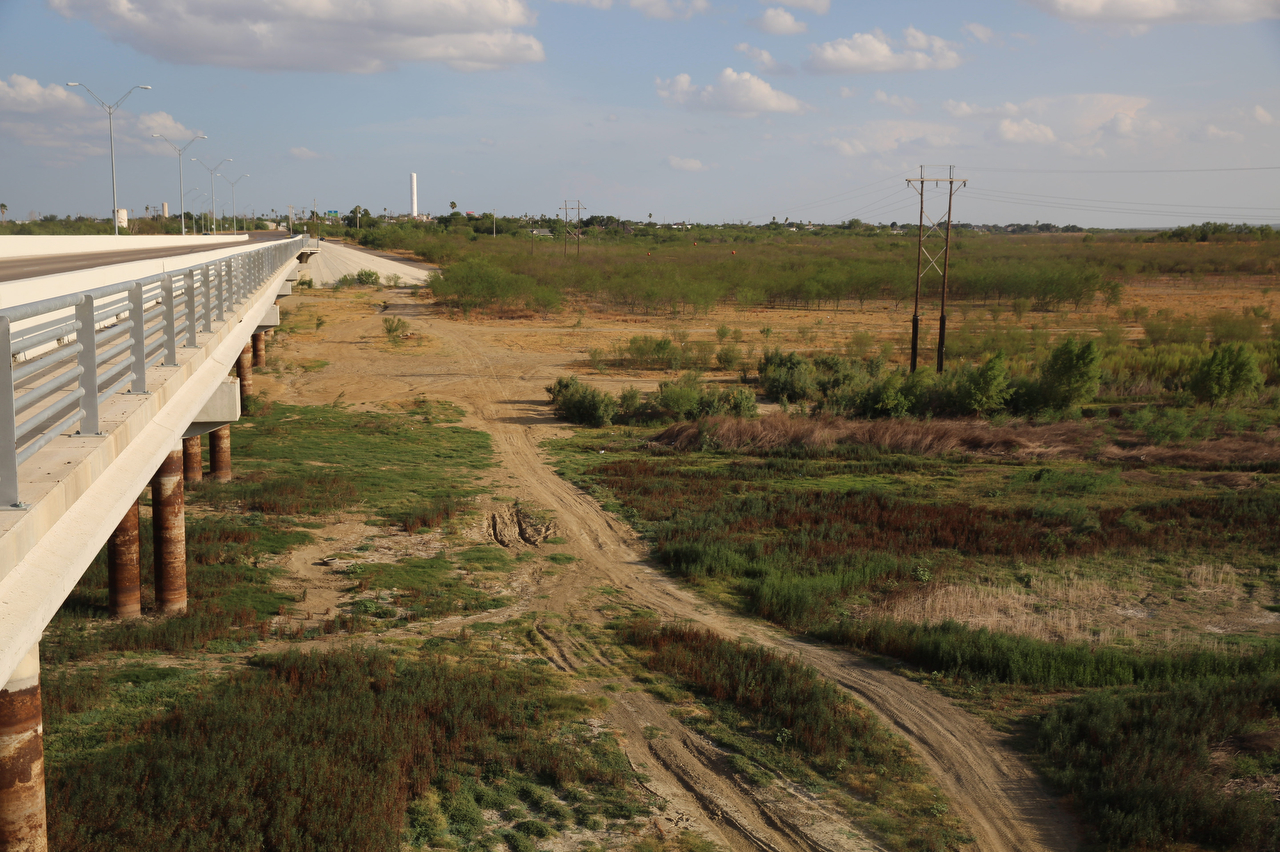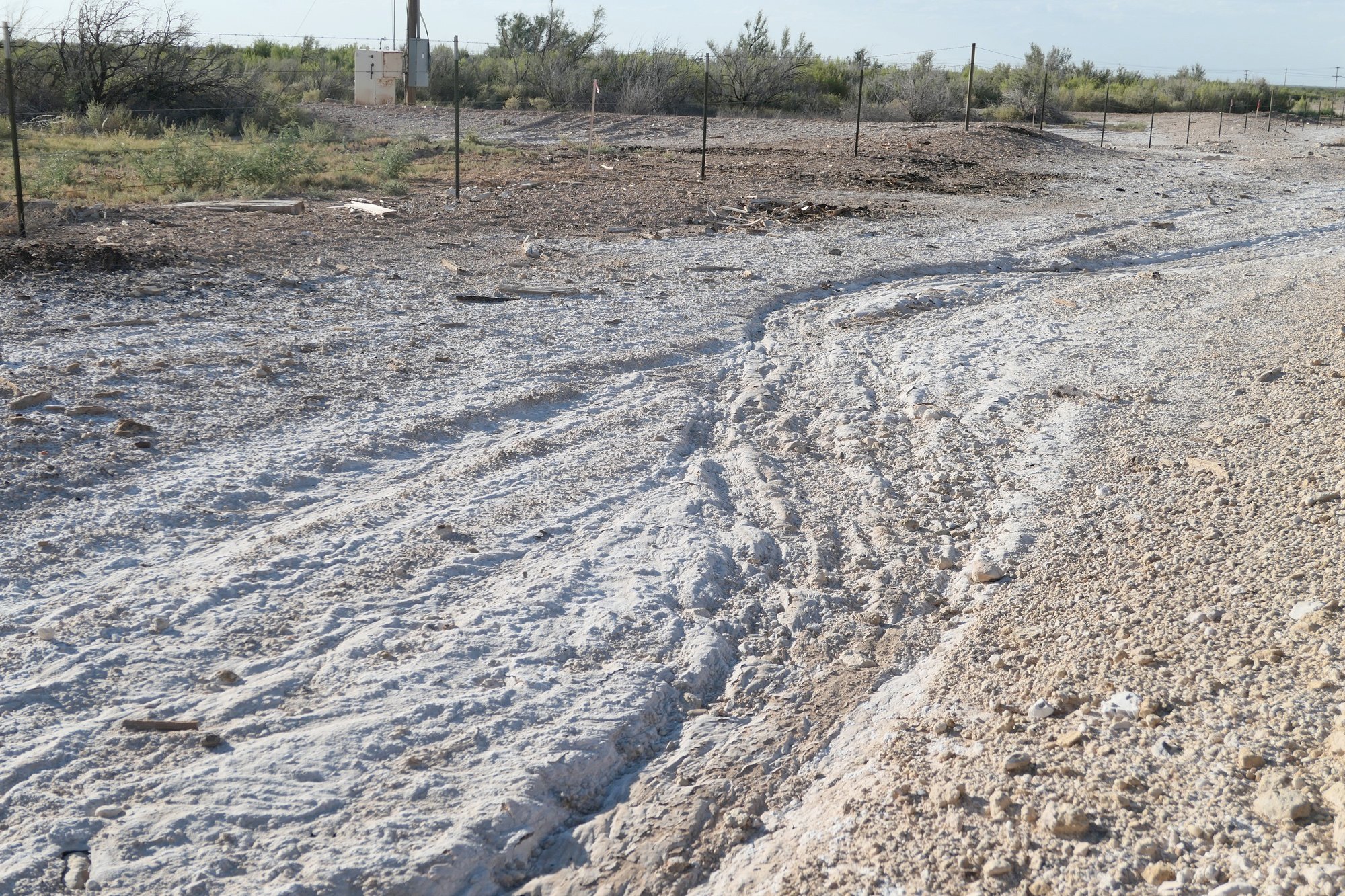
Come And Take It: Court Ruling Dares Regulators to Limit Pumping

A major decision came down in the arcane, but important world of Texas water law last week—opening the door to more lawsuits against local groundwater boards for regulating water use across the state.
In Edwards Aquifer Authority vs. Bragg Pecan Farm, the Texas Fourth Court of Appeals ruled on Wednesday that the Edwards Aquifer Authority owes landowners money for “taking” their groundwater by limiting pumping.
Groundwater regulators and environmental groups have long worried that such “takings” claims could imperil the state’s complicated and patchwork system of managing aquifers, many of which are increasingly stressed by drought and booming demand. Bragg is the first such “takings” case in Texas—and thus is being closely scrutinized by water interests across the state.
“What makes this case so important and potentially scary, certainly from the standpoint of the survival of the Edwards Aquifer Authority and therefore the survival of all the people who depend on that water, is that this is the first benchmark,” said Amy Hardberger, a professor at St. Mary’s University School of Law in San Antonio. Another environmental law professor wrote that it was a “deeply flawed and harmful decision.”
However, Russell Johnson, an Austin attorney who represents landowners, says the case simply establishes a balance. “It clarifies that the government’s good reasons for regulation don’t trump the property rights of landowners who have made those investment-backed expectations,” he said.
Although he shrugs off the notion that Bragg could make it impossible to sensibly regulate groundwater, he argues that groundwater districts will have to evolve.
“I believe most of the groundwater conservation districts in Texas want to preserve the status quo and that’s going to be hard to do and simultaneously respect groundwater rights. They’re just going to have to adjust to the fact that they can’t say no, they can’t just say this resource is already stressed .”
JoLynn and Glenn Bragg sued the Edwards Aquifer Authority after it denied them the full amount of water they claimed to need to irrigate two pecan orchards in Medina County, west of San Antonio. The couple argued that the allocated amount was insufficient for mature pecan trees, diminishing their crop and economically wrecking their livelihood.
In May 2010, a district judge ruled in favor of the Braggs, writing in his decision that the couple’s “life plan has been undermined, and their investment severely devalued.” He calculated their loss—based largely on the market price of Edwards Aquifer water—at $867,000. Both the Edwards Aquifer Authority and the Braggs appealed the decision. The appellate court, while upholding the “takings” claim, decided the compensation should be calculated in a different way.
“We conclude the ‘property’ actually taken is the unlimited use of water to irrigate a commercial-grade pecan orchard, and that property’ should be valued with reference to the value of the commercial-grade pecan orchards immediately before and immediately after” the permits to pump were issued. That amount is almost certain to be less than the trial court awarded. And you can imagine the inventive arguments each side will come up with to calculate such an award.
The appellate court decision comes on the heels of a landmark Texas Supreme Court ruling last year. In that case—Edwards Aquifer Authority vs. Day—the Supreme Court leaned heavily on oil and gas law to define for the first time the precise nature of groundwater ownership in Texas. The Supreme Court held that the landowner has an absolute vested property right to groundwater in place, just like oil and gas. The court also ruled that “landowners do have a constitutionally compensable interest in groundwater.” In other words, landowners could make a case that groundwater districts could owe them money when they limited or denied permits to pump.
Bragg was the first instance in which the Day decision was applied. All three attorneys I spoke to agreed that the Bragg decision, if it stands, is likely to open the door to more lawsuits. Johnson said takings claims will be most ripe in areas where groundwater districts are imposing pumping limits. He points to the Panhandle in particular, where groundwater managers are trying to slow the depletion rate of the dwindling Ogallala Aquifer.
Greg Ellis, an attorney and formal general manager for the Edwards Aquifer Authority, argues that the Bragg decision “completes a Catch-22” by perversely opening the door to lawsuits from landowners who end up being punished for conserving their water. Landowner Jane and landowner Bill live next to each other over a stressed aquifer. Landowner Jane chooses to leave her groundwater alone for future generations. Landowner Bill, rationally assuming that he’d better get his before the whole thing drains away, pumps like crazy to water a corn crop or livestock or to fill a tank. The local groundwater district, trying to avoid a takings claim in the wake of Bragg, has very lax rules and allows Bill to proceed. But given the “secret, occult, and concealed” nature of groundwater, Bill ends up draining the water beneath Jane’s land too. In such a scenario, Ellis argues, Jane herself would have a takings claim.
Johnson says he “doesn’t think much” of Ellis’ argument because the grandaddy of Texas water principles—the Rule of Capture, aka May the Biggest Pump Win—protects against just such a scenario. “Under the Rule of Capture, you have no protection whatsoever, none, zero. So how can a district that’s attempted to apply some protection be held responsible for not preventing a, quote, taking when the landowner had no right to protect that in the first place?”
(If you’re confused about Rule of Capture, allow Daniel Day-Lewis to explain:)
Both fascinating and tendentious, these arabesque legal arguments may ultimately succumb to a more fundamental problem: Namely, Texas is in a deepening water crisis. The court largely skirted this issue, though it acknowledged that the Bragg farms are in a “semi-arid” part of “drought-ridden Texas.”
What good is a property right or carefully-calibrated regulation when the resource is gone? Should the government really have to pay people for not taking an action that, taken by others similarly-situated, would destroy a resource? Robin Kundis Craig, a law prof at the University of Utah, puts it aptly:
[T]he Texas Court of Appeals both has attempted to elevate historical water rights over new ecological realities and created a major legal impediment for any government entity trying to rationally address changing–especially declining–water resources. Endangered species or not, government regulation or not, overpumping the Edwards Aquifer and increasing droughts in Texas will eventually destroy the value of all private property claims to water (and maybe the value of all private property, period) in many parts of Texas. Instead of encouraging the Texas Legislature and the EAA to deal rationally with these new realities–including the reality that there just isn’t enough water for everyone to do everything they want for the rest of their lives–the Texas courts have effectively forced the EAA to assume all costs of attempting to ameliorate the shortage.
Should the State of Texas or EAA callously let the Edwards Aquifer go dry? I’d like to argue “no”–but I don’t think it should have to pay landowners who rush headlong into that disastrous result, either. Constitutional “takings” clauses need to accommodate changing ecological realities and the tragedy of the commons, or they will just make those tragedies worse.


